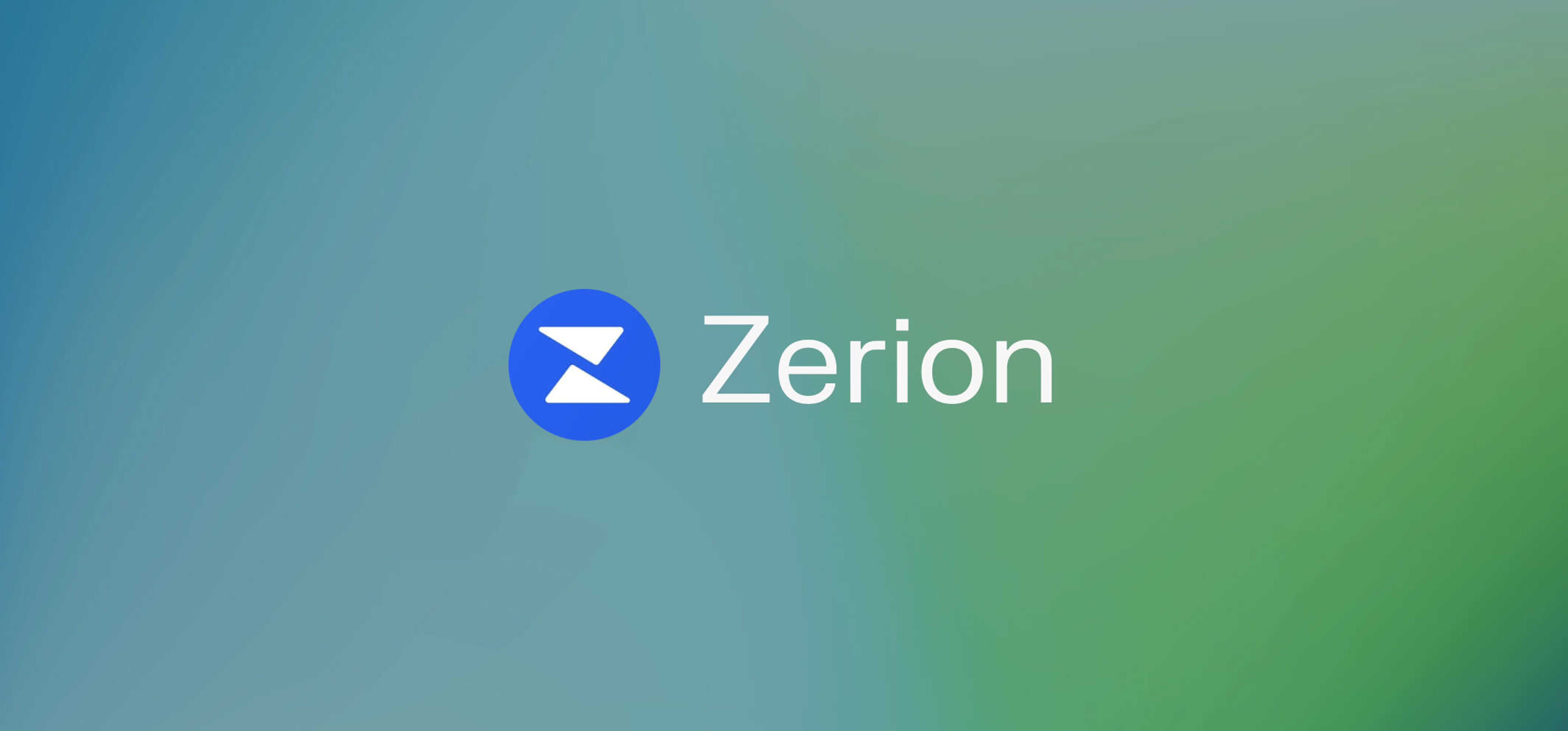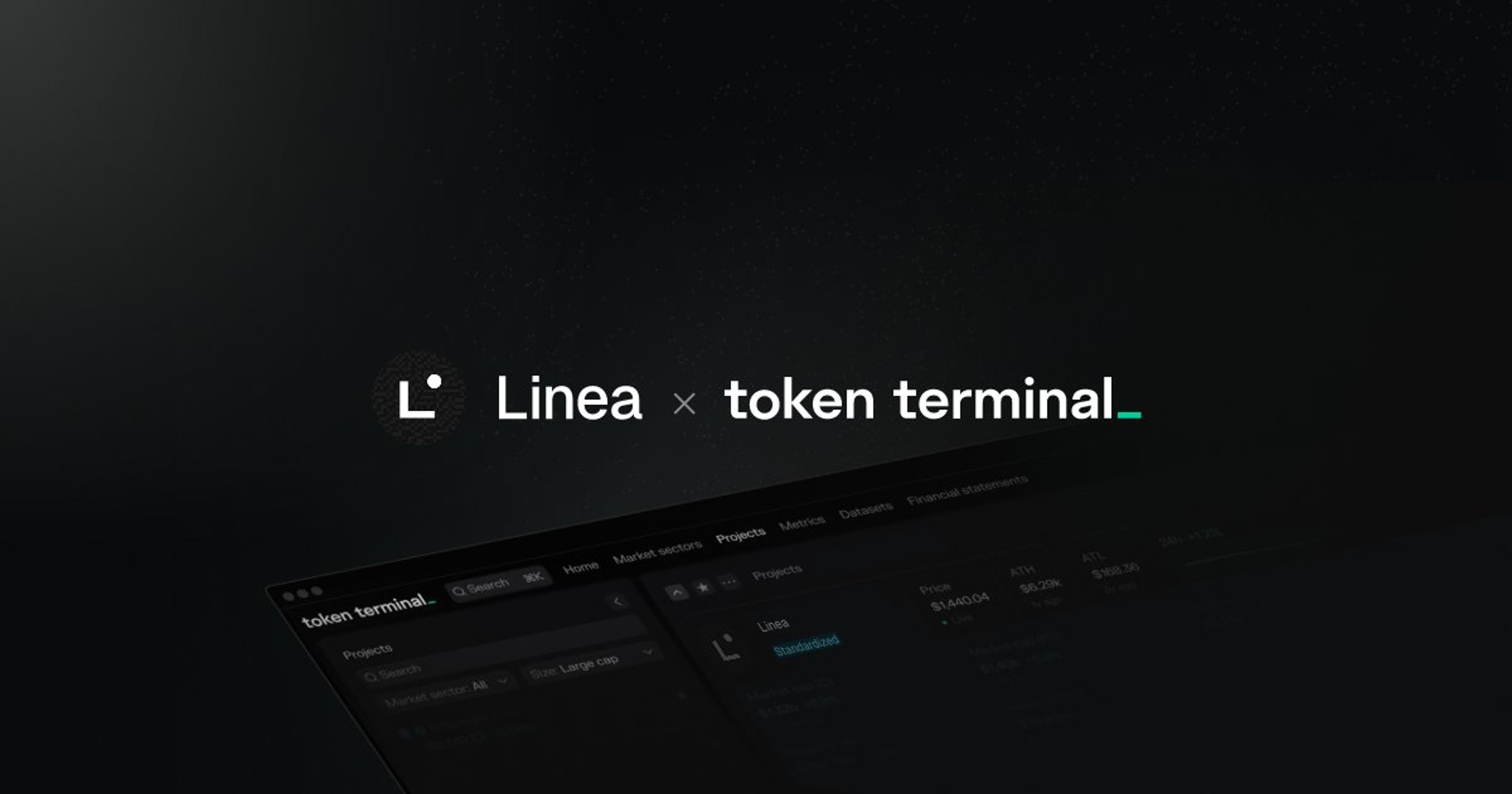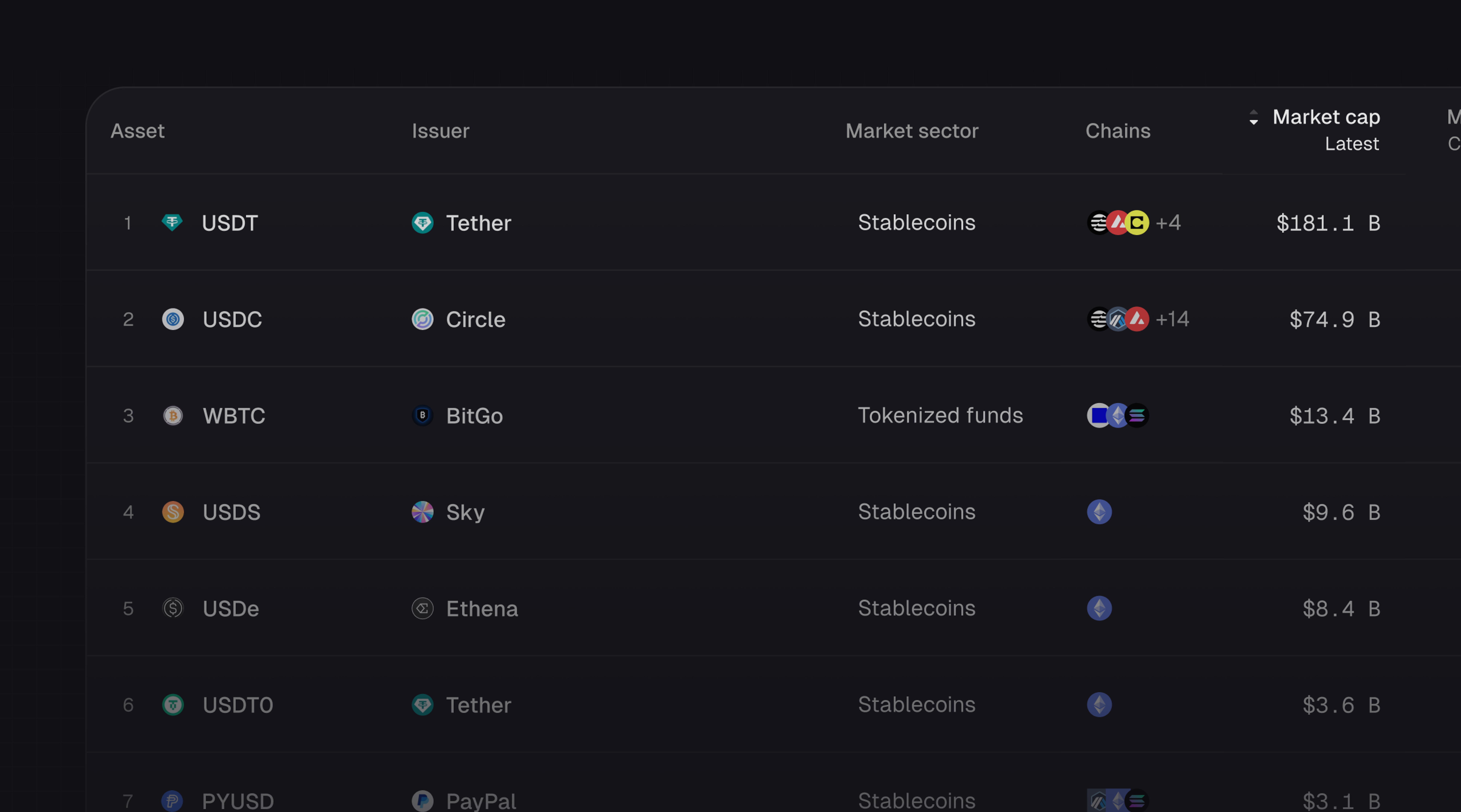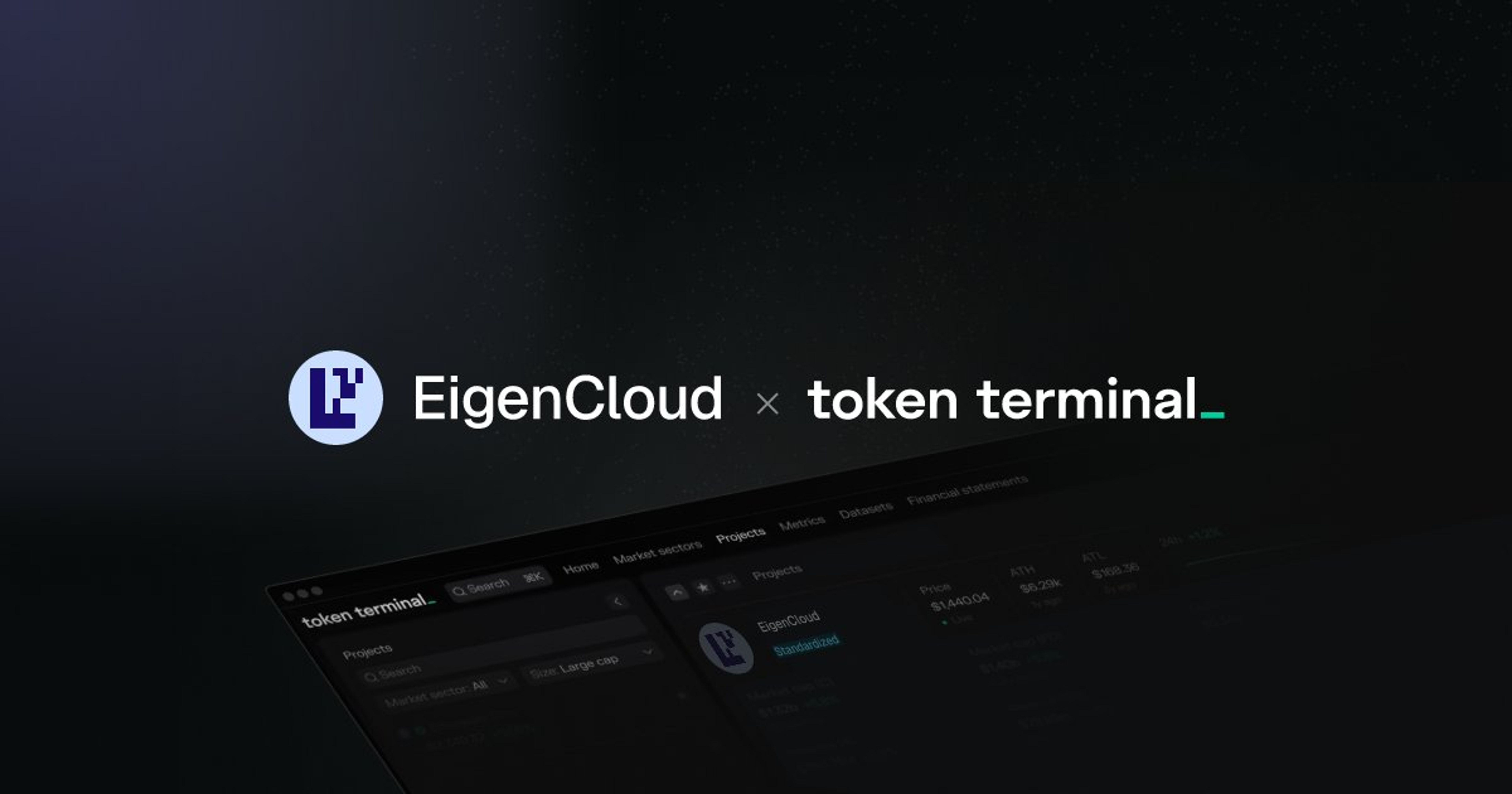Interview
In this blog series we interview founders in the crypto space to learn more about what’s going on with their projects. Most recently, we…

In this blog series we interview founders in the crypto space to learn more about what’s going on with their projects. Most recently, we sat down with Evgeny Yurtaev, the co-founder and CEO of Zerion. Zerion has developed an easy-to-use interface for users to access different DeFi protocols.
What is Zerion?
Zerion is a non-custodial asset management tool for DeFi. Our goal is to become the one place where you can buy, sell and track just about every DeFi asset. We place a major focus on seamless DeFi portfolio management, with features like full wallet history, aggregated view for multiple wallets, advanced ROI metrics like Return vs HODLing, and support for every major DeFi instrument across different protocols.
Who is the team behind Zerion?
Zerion was founded in 2016 by myself, Vadim Koleoshkin (COO) and Alexey Bashklykov (CTO). We all met through our mutual interest in blockchain-based finance and participated in a number of hackathons and projects before we decided to formally become a company. Our deep technical knowledge was a huge advantage, and before developing Zerion into what it is today, we worked on everything from smart contract development and tokenized funds to blockchain games.
To date, you’ve decided to focus solely on building an interface for DeFi, what’s your thesis behind a pure UI play?
Zerion is not a protocol because the problem we’re focused on solving requires a different approach. We realized early on that the architecture of the DeFi ecosystem makes it incredibly easy to bootstrap new tokens, protocols and financial instruments. But from a user perspective, all these different components can begin to feel very fragmented. The ecosystem lacks products that are both simple enough for new users and powerful enough for DeFi pros. Our goal is to create that intersection — a place where you can access all of DeFi in a way that’s straightforward and intuitive.
In the end, I would not call it a “pure UI play”, but rather “pure aggregator play” as we exist on the intersection between users and smart contract-powered financial tools.
How do you evaluate and decide which protocols to integrate with Zerion?
Most of the time the proof is in the market. We prioritize protocols that we see a lot of demand for, however it is true that we get requests for much smaller, more obscure protocols. In this case it’s relatively easy to vet whether the protocol is a scam or not.
We generally try to integrate as much as possible because even if only a handful of users hold a particular asset, they expect to see that asset appear in their portfolio. If DeFi instruments don’t appear on Zerion, that makes the data on our product unreliable and contradicts our value proposition, so we lean towards supporting everything on the market with a few justified exceptions.
How have you approached user acquisition so far? How do you see your UA strategy evolving as the crypto space matures?
So far Zerion’s strategy has been almost entirely organic. We benefit immensely from integrations with new protocols that have their own communities. We get a lot of traffic from people who find out that their favourite asset is supported on Zerion. In addition, we can’t ignore the prolific growth of the entire DeFi ecosystem. According to Dune Analytics, the number of DeFi users since January 2019 has shot up more than 2,500%. People are naturally looking for the easiest and simplest way to manage their entire DeFi portfolio from one place. While there are a number of competing interfaces, few can claim to be as comprehensive as Zerion.
Other than this general traffic from protocol integrations and new users, we also put out a lot of DeFi content on our blog and DeFi newsletters such as Bankless and The Defiant.
What is your view on larger fintech players, such as Revolut and Robinhood, as future competitors?
We’ve already seen how fintech players have dipped their toes in the water when it comes to crypto. However, I’ve written before that fintech is fundamentally constrained because it is built on the same tools as legacy finance. DeFi is going to explode with a spectrum of new smart-contract based assets that won’t be compatible with these products, not to mention an ecosystem of dapp integrations that will benefit users. DeFi is also globally accessible, which is something the likes of Robinhood and Revolut can’t compete on. In short, traditional fintech can’t ever claim to be “decentralized finance” when every aspect of it is centralized.
What’s Zerion’s business model?
Zerion is completely free to use. The only time we would ever charge our users would be for value added on, such as advanced investing tools or exclusive DeFi content.
We are also considering monetizing the access to DeFi we provide through DeFi SDK. This could open up a B2B service that makes it easier for other platforms to integrate with DeFi.
Can you give our readers a hint about some upcoming feature(s)?
The next few months will see many exciting changes on Zerion. Right now, the interface feels very closed in the sense that the assets you see are the ones you own in your portfolio. We’re introducing a new “Explore DeFi” feature that lets you discover the entire DeFi market based on real-time asset performance.
How will the world be different once Zerion and crypto have won?
For one thing, I hope that sophisticated, high-yield financial products will become more accessible to ordinary people. Access to financial markets is a universal right. There is a growing weight of research suggesting that it significantly improves people’s lives. Similar to the Internet, people who don’t have it are at a disadvantage given the ever-changing nature of the world around us. Access to these new non-sovereign financial instruments will be crucial in the 21st century. Once crypto wins, finance will be more globalized, finally breaking the impediment of state-controlled monetary and fiscal policy.
You can find more information about Zerion on their website and on their Twitter, Medium, Telegram, and Github accounts.
The authors of this content, or members, affiliates, or stakeholders of Token Terminal may be participating or are invested in protocols or tokens mentioned herein. The foregoing statement acts as a disclosure of potential conflicts of interest and is not a recommendation to purchase or invest in any token or participate in any protocol. Token Terminal does not recommend any particular course of action in relation to any token or protocol. The content herein is meant purely for educational and informational purposes only, and should not be relied upon as financial, investment, legal, tax or any other professional or other advice. None of the content and information herein is presented to induce or to attempt to induce any reader or other person to buy, sell or hold any token or participate in any protocol or enter into, or offer to enter into, any agreement for or with a view to buying or selling any token or participating in any protocol. Statements made herein (including statements of opinion, if any) are wholly generic and not tailored to take into account the personal needs and unique circumstances of any reader or any other person. Readers are strongly urged to exercise caution and have regard to their own personal needs and circumstances before making any decision to buy or sell any token or participate in any protocol. Observations and views expressed herein may be changed by Token Terminal at any time without notice. Token Terminal accepts no liability whatsoever for any losses or liabilities arising from the use of or reliance on any of this content.
Stay in the loop
Join our mailing list to get the latest insights!
Continue reading

Customer stories: Token Terminal’s Data Partnership with Linea
Through its partnership with Token Terminal, Linea turns transparency into a competitive advantage and continues to build trust with its growing community.

Introducing Tokenized Assets
Token Terminal is expanding its standardized onchain analytics to cover the rapidly growing category of tokenized real-world assets (RWAs) – starting with stablecoins, tokenized funds, and tokenized stocks.

Customer stories: Token Terminal’s Data Partnership with EigenCloud
Through its partnership with Token Terminal, EigenCloud turns transparency into a competitive advantage and continues to build trust with its growing community.